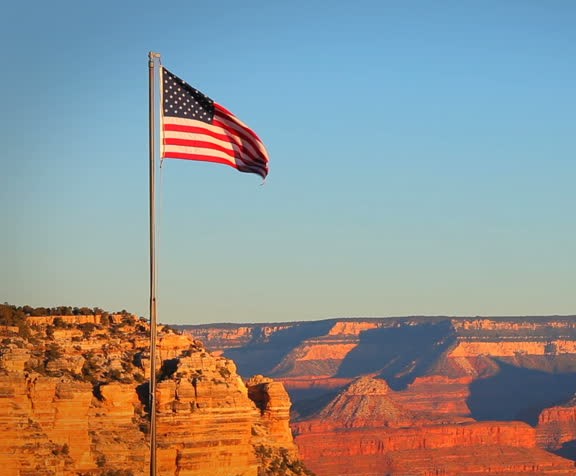Difference between revisions of "GCDAMP FLAHG Page"
Cellsworth (Talk | contribs) |
Cellsworth (Talk | contribs) |
||
| (One intermediate revision by the same user not shown) | |||
| Line 83: | Line 83: | ||
|- | |- | ||
|style="color:#000;"| | |style="color:#000;"| | ||
| + | |||
| + | '''2023''' | ||
| + | *[https://www.usbr.gov/uc/progact/amp/amwg/2023-08-17-amwg-meeting/20230817-FLAHGProposalAmendHFEProtocolOtherConsiderations-508-UCRO.pdf FLAHG – Proposal to Amend the HFE Protocol & Other Considerations] | ||
| + | *[https://www.usbr.gov/uc/progact/amp/twg/2023-06-15-twg-meeting/20230615-FLAHGProposalAmendHFEProtocol-508-UCRO.pdf FLAHG – Proposal to Amend the HFE Protocol] | ||
'''2020''' | '''2020''' | ||
Latest revision as of 10:19, 31 October 2023
|
|
Flow Experiments Ad Hoc Group (FLAHG)ESTABLISHED JANUARY 15, 2020, Status: Active ChargeIn accordance with direction provided by the AMWG at its August 18, 2018 meeting, and the Secretary Designees August 14, 2019 guidance to BOR and GCMRC, the FLAHG is charged with working with GCMRC to evaluate opportunities for conducting higher spring releases that may benefit high value resources of concern to the GCDAMP (recreational beaches, aquatic food base, rainbow trout fishery, hydropower, humpback chub and other native fish, cultural resources, and vegetation), fill critical data gaps, and reduce scientific uncertainties. As a starting point, the FLAHG shall consider the benefits of and opportunities for conducting higher spring releases within power plant capacity. The FLAHG and GCMRC will report their initial findings to the TWG in April 2020 so that the TWG and GCMRC can report their conclusions to the AMWG in May 2020. The FLAHG is also charged with working with GCMRC to develop and propose a project element in the FY 2021-2023 Triennial Budget and Work Plan to identify other spring high flow options that may be allowed under the current LTEMP ROD (as determined by DOI) that may benefit high valued resources of concern to the GCDAMP (defined above), fill critical data gaps, and reduce scientific uncertainties. MembersPeggy Roefer (chair), Jeff Arnold, Jan Balsom, Cliff Barrett, Rob Billerbeck, David Brown, Peter Bungart, Kelly Burke, Shane Capron, Winkie Crook, Craig Ellsworth, Charlie Ferrantelli, Clarence Fullard, Michelle Garrison, Paul Harms, Brian Healy, Leslie James, John Jordan, Vineetha Kartha, Ted Kennedy, Jakob Maase, Ryan Mann, Craig McGinnis, Jessica Neuwerth, Clayton Palmer, Bill Persons, Richard Powskey, Ben Reeder, Peggy Roefer, Scott Rogers, Seth Shanahan, Larry Stevens, Jim Strogen, Lee Traynham, Steve Wolff, Kirk Young. Invited technical advisors: Helen Fairley, Heather Patno, Mike Moran, Scott VanderKooi |
| -- |
-- |
-- |
|---|
